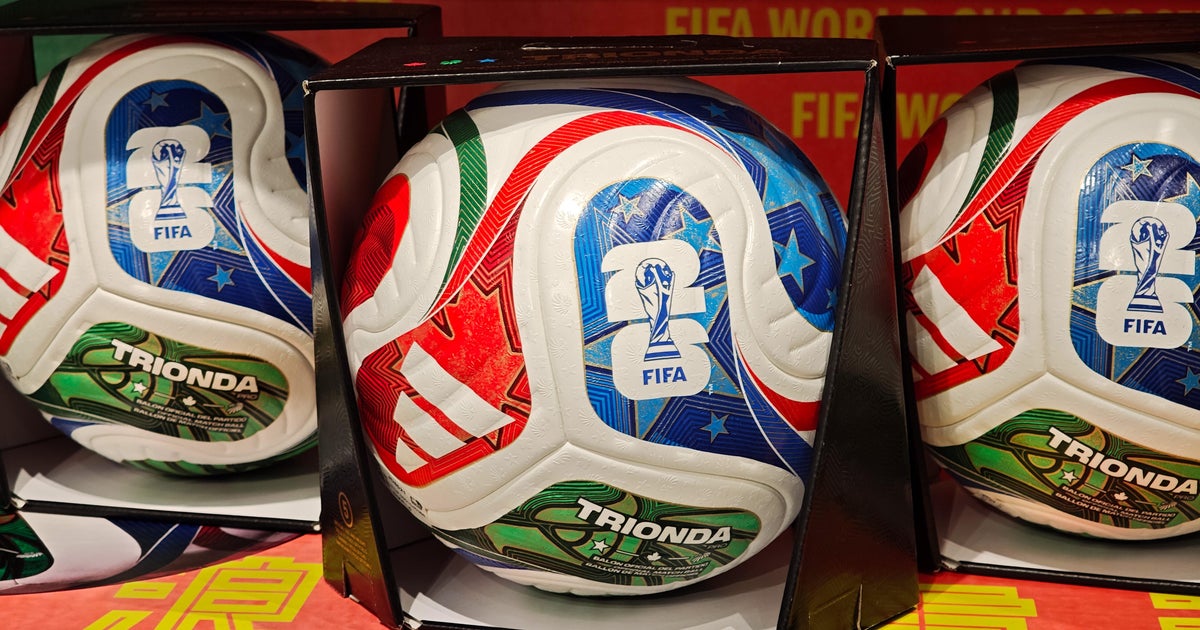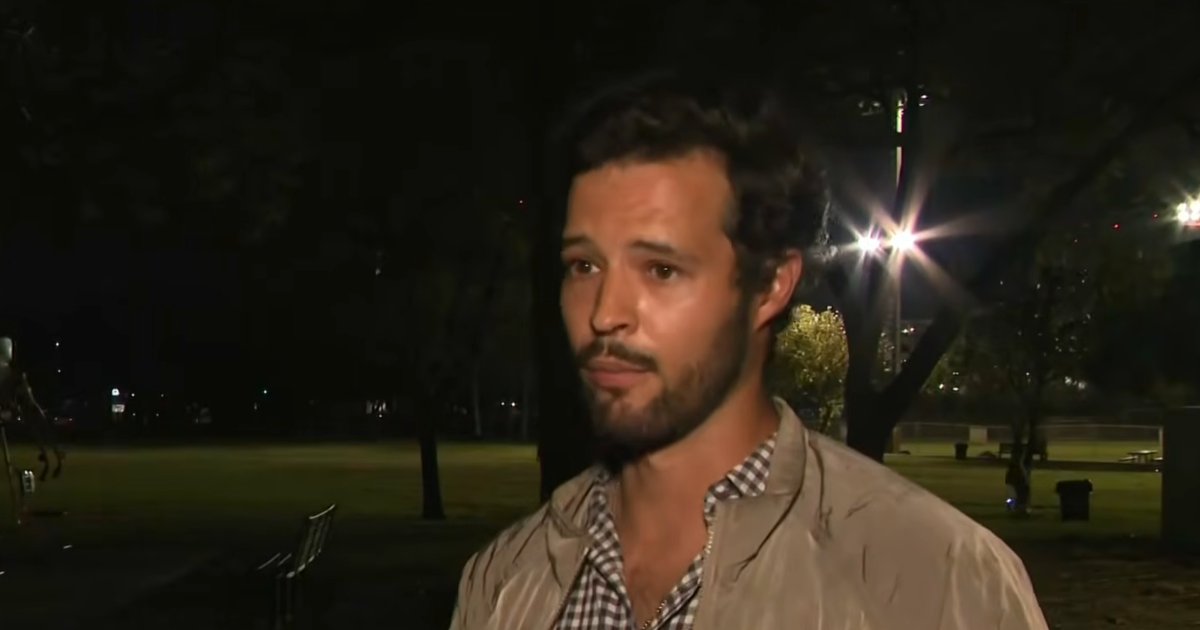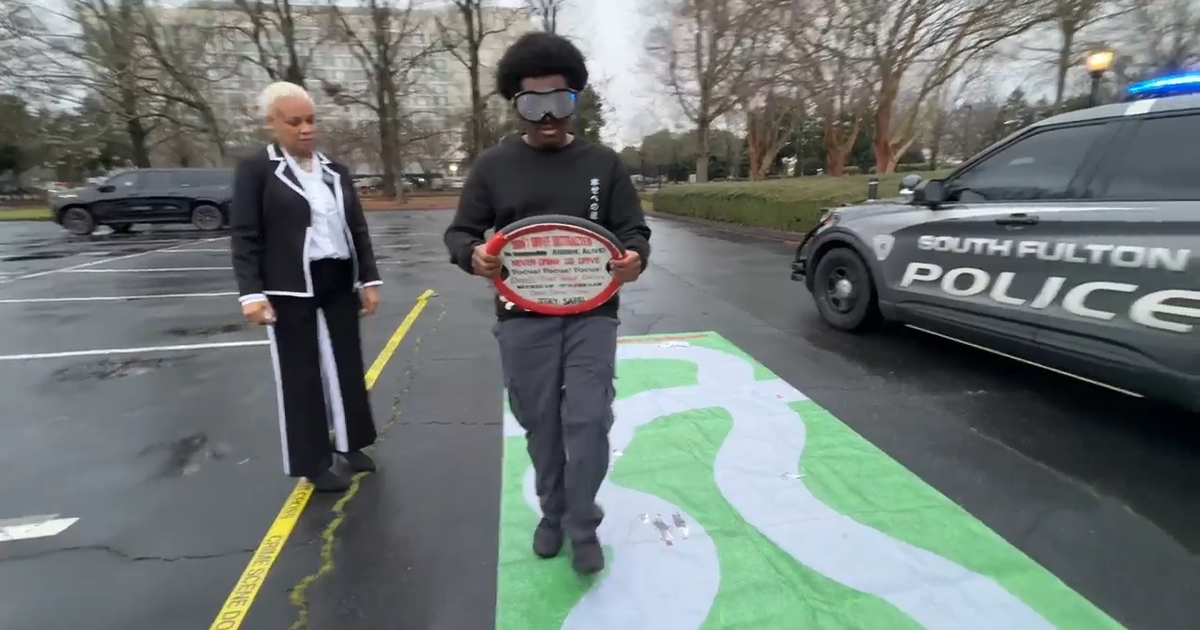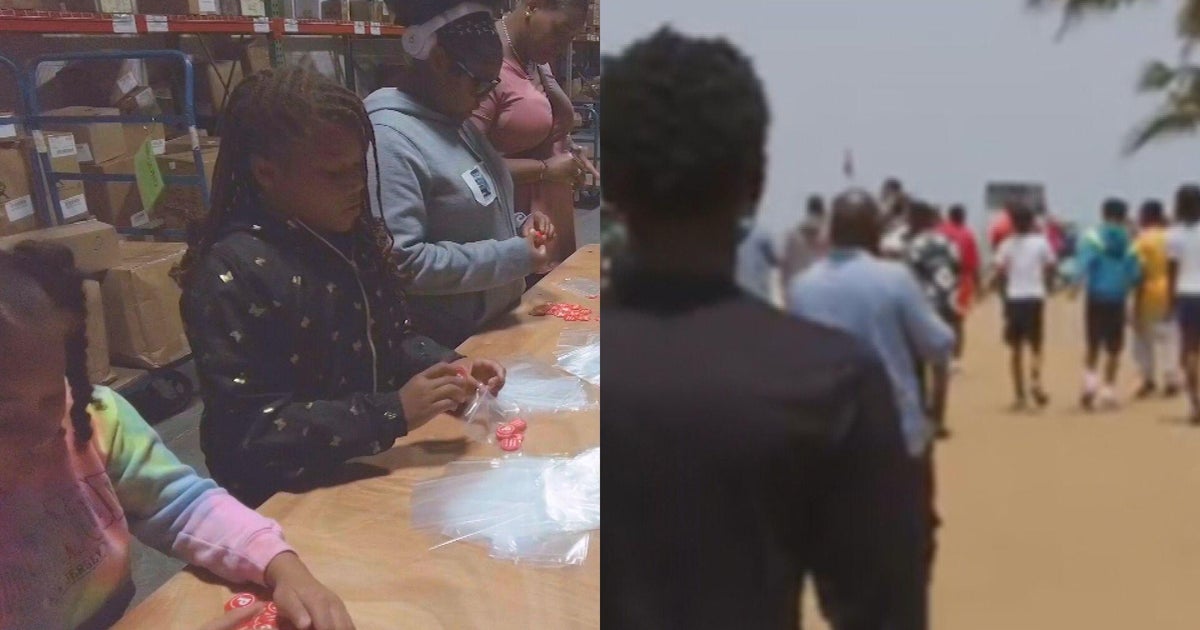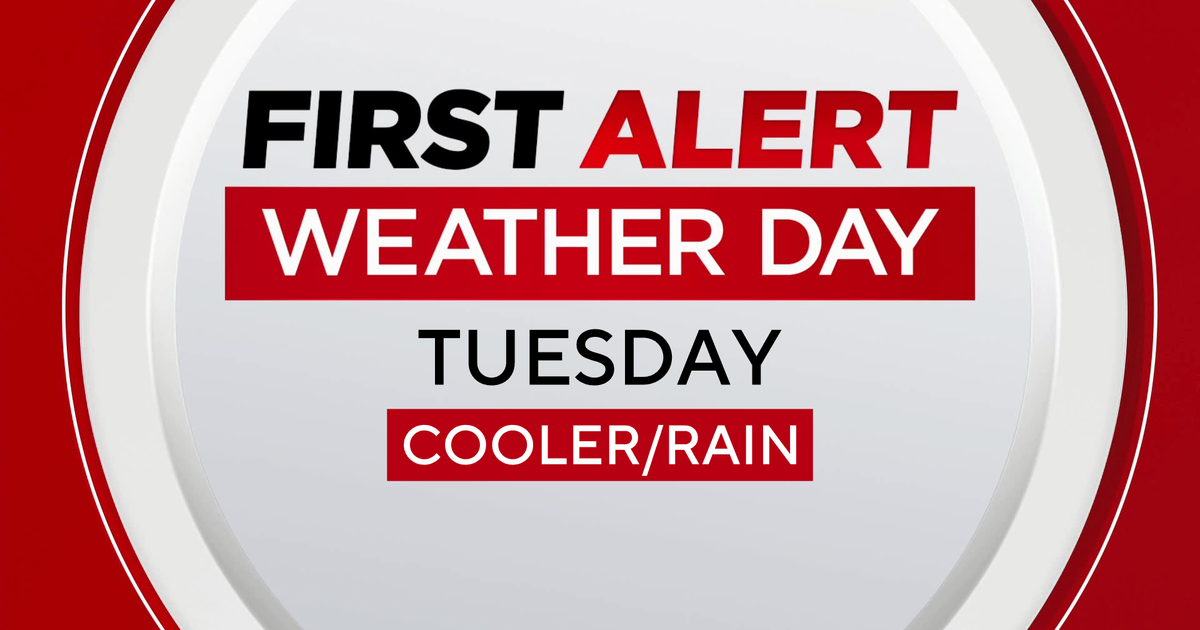The Atlantic hurricane season is at its peak. Here's how you should always be prepared
MIAMI — The impact of Hurricane Helene serves as a reminder to always be prepared, as the Atlantic hurricane season has at least one more month when potentially powerful storms could make their way toward South Florida.
On Saturday, Milton formed as a tropical storm in the Gulf of Mexico before upgrading to a Category 1 hurricane on Sunday.
While different levels of preparedness are needed depending on your location in a hurricane's path, there are things you can do before you're impacted by the storm to stay safe.
For example, if you live in a flood-prone area or an area more susceptible to wind damage, you'll need to take extra precautions.
Here are the steps you can take to prepare.
Develop a hurricane and communication plan
Many experts say it's important to be prepared with a plan for how you'll navigate hurricane season.
When developing your emergency plan, Florida Power & Light (FPL) suggests asking yourself the following questions:
- What do I need to do to secure my home, car and boat? Who will help me?
- Where am I going to stay during the hurricane and what are the evacuation routes?
- Where will my pets stay?
- If I plan to stay home, what do I need to do to be prepared and where in my home will I ride out the storm?
- Is my home or business in a flood and/or evacuation zone?
While your hurricane plan may change based on evacuation orders, experts suggest having a plan in place, including options for where you can travel. You should also make sure you have travel funds set aside and if you have loved ones who require special assistance or pets, make plans for them too.
Stock up on disaster supplies
Whether you're evacuating or sheltering in place, being prepared with necessary items is a must. Experts suggest that you should have the following on hand:
- Non-perishable foods
- Water
- Medications
- Batteries
- Chargers
- A radio
- Flashlights
- Important documents such as insurance policies, health cards, list of medications, birth certificates and Social Security cards, list of important phone numbers and your utility bill
- Cash
Experts say should have enough food, water and medicine to last each person (and animal) in your household a minimum of three days. They suggest adding more than a three-day supply is an even better idea if possible.
The U.S. Department of Homeland Security has a checklist of items everyone needs in case disaster strikes. In addition to the aforementioned items, DHS also recommends having the following:
- A first-aid kit
- A whistle to signal for help
- A dust mask
- Moist towelettes, garbage bags and plastic ties for personal sanitation
- A manual can opener
- Plastic sheeting and duct tape
- A wrench or pliers
Prepare your home
Experts suggest that you should consider steps like reinforcing gutters and trimming or cutting down trees that may fall during high winds.
The National Oceanic and Atmospheric Administration (NOAA) suggests installing storm shutters, accordion shutters or impact glass and sealing outside wall openings. You should also stock up on plywood, steel or aluminum panels ahead of time to make sure you have them on hand for windows and doors.
"Whether you're evacuating, or planning to ride out the storm in your home, make sure it is in good repair and up to local hurricane building code specifications to withstand wind impacts," the agency stated.
NOAA also said that garage doors are the most vulnerable part of the home, so they must withstand high winds: "Many retrofits are not as costly or time-consuming as you may think."
If you're planning on using a generator, make sure you do so safely and test it ahead of time.
Additionally, the agency suggests that if you're a renter, you should work with your landlord now to prepare your home.
Sandbag distribution
Check with your municipality about sand distribution centers.
Ahead of Hurricane Helene, several South Florida cities have started distributing sand and sandbags to residents.
Here's what you need to know:
Miami-Dade
The City of Miami Beach will be distributing pre-filled sandbags from 1 p.m. to 4 p.m. at 2100 Collins Avenue, east of Collins Park and 225 79 Street.
Sandbags will be pre-filled and there is a limit of 4 per household, while supplies last.
Residents will need to show proof of residency.
Broward
Dania Beach sand distribution will be at Frost Park, 300 NE 2nd Street, from 4 p.m. until 6 p.m.
Deerfield Beach is providing sandbags to residents until 4 p.m., while supplies last, at 210 Goolsby Boulevard.
Proof of residency is required. Residents will be limited to 10 bags per household.
Fort Lauderdale residents can pick up sand from 3 p.m. to 6 p.m. at Shirley Small Park, 1230 SW 34th Avenue.
Residents can also pick up sand at Floyd Hull Stadium, 2800 SW 8th Avenue and Mills Pond Park, 2201 NW 9th Avenue. Only five bags will be allowed per vehicle.
Lauderhill is holding a self-serve distribution available from 5 pm to 8 pm on a first-come-first-serve basis until supplies last. The Sand and Sandbags will be located at John Mullin Park, 2000 NW 55 Avenue. Residents must bring ID to prove residency.
Check your insurance
Experts say you should call your insurance to make sure your home is adequately covered for potential damage, preferably before hurricane season begins — and especially before a storm approaches.
As a note, homeowner's and renter's insurance often does not cover flood damage, so you may need a separate flood insurance policy.
Stay informed on weather updates
Experts also say that everyone should have multiple ways to receive weather information regarding the latest watches and warnings as the hurricane season progresses.
And with misinformation floating around the internet, experts urge people to make sure they rely on trusted sources such as local media outlets and the National Weather Service.
For more information on how you can stay prepared before, during and after the storm, you can check out CBS News Miami's 2024 Hurricane Season guide.

